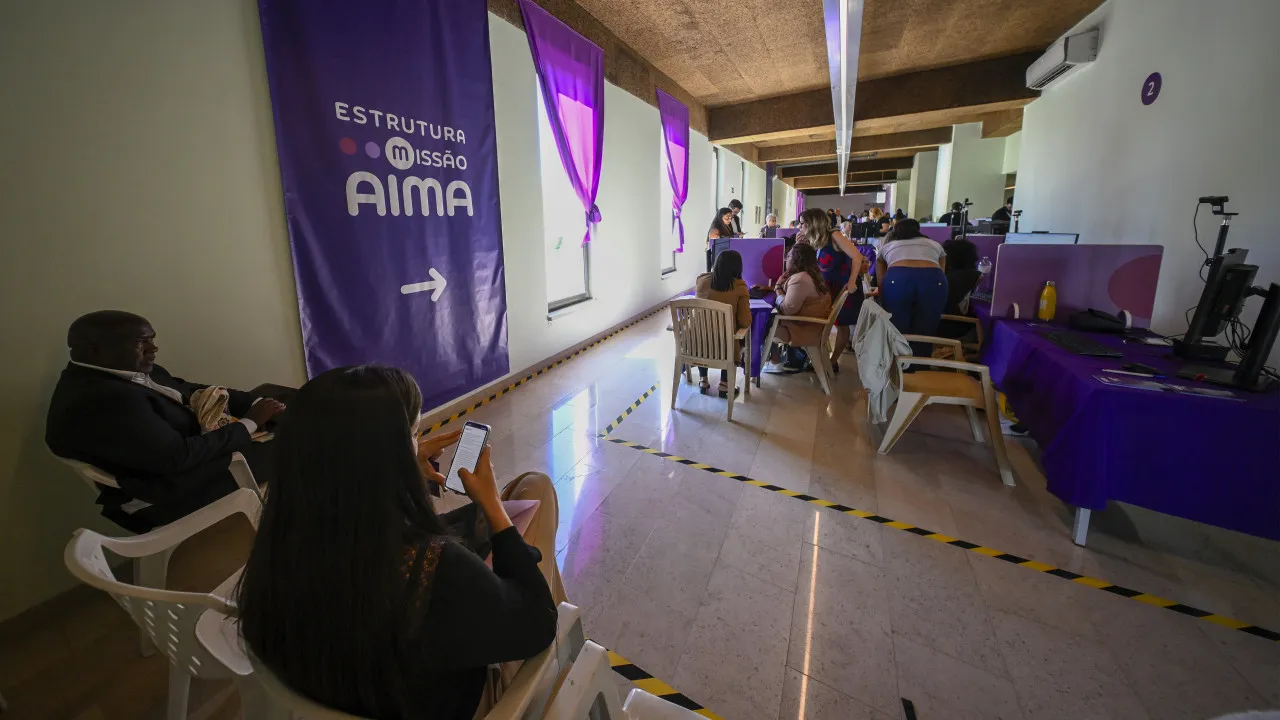
The Ordem dos Médicos (OM) has expressed vehement opposition to a new law approved by the Portuguese Assembly of the Republic on March 14, which was later published in the Diário da República. The organization’s leader, Carlos Cortes, criticized both the legislation and the process that led to its approval.
The law, derived from a final report by the Health Committee, includes measures aimed at providing information and protection against obstetric violence. It also proposes the formation of a multidisciplinary committee to safeguard rights during pregnancy and childbirth.
Carlos Cortes denounced the law as the product of a process “conducted in obscurity without dialogue or communication,” noting that key stakeholders such as the OM, scientific societies, and specialty colleges, along with other civil society entities, were not consulted.
“It is incomprehensible that professionals in such a sensitive domain have been excluded,” lamented Cortes, highlighting concerns about technical-scientific aspects and interference with the autonomy of healthcare professionals.
He further criticized the law for incorporating “archaic concepts” like the term “obstetric violence,” which, according to Cortes, is neither utilized in the European Union nor recommended for use by the World Health Organization (WHO).
“The entire structure of this law is flawed; it does not employ contemporary concepts from the perspective of medical and scientific evidence, and it is completely outdated concerning the subject,” asserted the OM’s head.
Cortes also highlighted that the newly promulgated law casts “a dark cloud” over the work of doctors, introducing elements of “persecution and punishment.”
In the coming months, the OM plans to host a series of discussions and reflections on the issues, involving specialty colleges, scientific societies, professionals in the field, and hospital institutions.
The organization’s goal is to contribute to the revision of this legislation, ensuring that maternal and child health services continue to uphold the “high standards of quality, safety, and humanity characterizing medical practice in Portugal.”
An urgent meeting will be scheduled with all relevant colleges and scientific societies involved in care for pregnant women and children to thoroughly analyze the matter.
The law seeks to eliminate routine episiotomies—a surgical cut made in the perineum during labor to enlarge the vaginal opening—and other routinely unjustified practices, stipulating financial penalties and reduced funding for hospitals that fail to comply with WHO recommendations and guidelines set by the Directorate-General of Health. Additionally, disciplinary inquiries may be launched against healthcare professionals.
The law defines obstetric violence as “the physical and verbal actions exercised by healthcare professionals over the body and procedures in women’s reproductive areas or other gestating persons, manifesting as inhumane treatment, medicalization abuse, or pathologization of natural processes, disregarding protection mandates in preconception, medically assisted procreation, pregnancy, childbirth, childbirth, and the postpartum period.”
The government, through the Ministry of Education, is tasked with incorporating information on obstetric violence into sex education curricula, promoting respect for sexual and reproductive autonomy, and the elimination of gender violence, tailored to the levels of education.
Furthermore, health facilities offering childbirth services must visibly post information on preconception protection, medically assisted procreation, pregnancy, childbirth, childbirth, and postpartum care.
The establishment of the Multidisciplinary Commission for Pregnancy and Childbirth Rights is also foreseen, charged with spearheading information and awareness campaigns promoting the respect for childbirth rights and their humanization, aiming to eliminate practices associated with obstetric violence.




